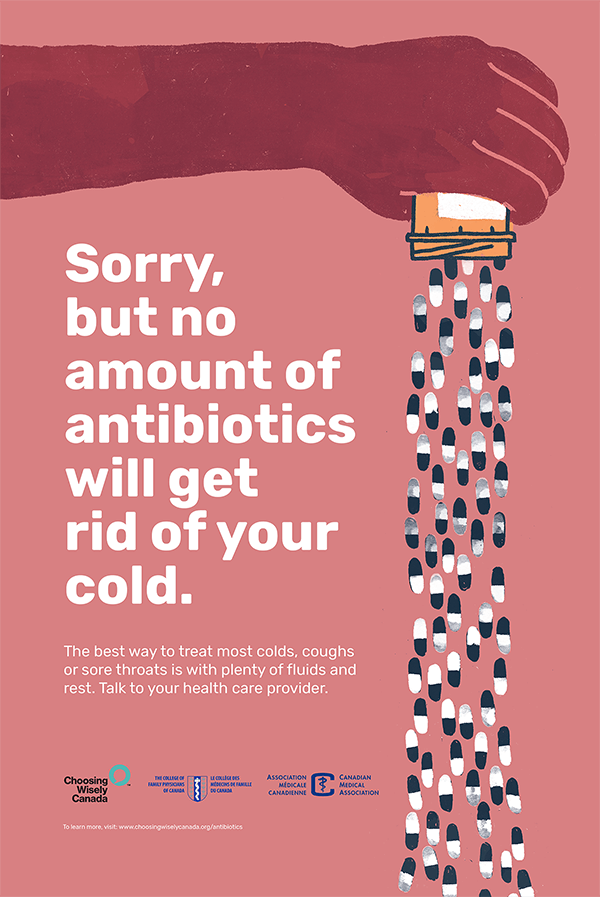World Antimicrobial Resistance (AMR) Awareness Week | Nov 18-24
World AMR Awareness Week is a global campaign to raise awareness and understanding of antimicrobial resistance and is celebrated from November 18-24 every year.
Antimicrobial resistance is one of the top global health threats, yet most don’t recognize its impact.
Antimicrobial resistance happens when microorganisms change in ways that make medications used to cure the infections they cause ineffective. When a microorganism becomes resistant to most antimicrobials, they are often referred to as “superbugs.”
Antimicrobial resistance is not new. Alexander Fleming won a Nobel Prize for his discovery of penicillin; he worried that AMR would make penicillin ineffective. Since then, bacterial resistance has been discovered in every antibiotic ever marketed.
Thanks to antibiotics, people no longer die due to uncomplicated infections. Surgery is possible, life expectancy has increased, and infant mortality rates have decreased. But if we don’t slow the rate of AMR, we may be pushed back into an era where uncomplicated infections become significant health threats.

When we use antibiotics to treat infection, they kill susceptible bacteria, leaving behind resistant bacteria that can multiply to take their place. We know that one of the biggest risk factors for the development of AMR is the use and misuse of antibiotics for people and animals.
A study of antibiotic use in Manitoba, “Antibiotics: too Much of a Good Thing?” showed that many people were prescribed antibiotics for infections that cannot be effectively treated with antibiotics or were prescribed inappropriate antibiotics. These practices can lead to AMR.
What can we do to reduce the risk of AMR?
Antibiotics are ineffective for viral infections, such as colds, uncomplicated otitis media (ear infections) or most cases of sinusitis. We can decrease antibiotic use by ensuring that antibiotics are not prescribed when unnecessary. We can also reduce the risk of AMR by using narrow-spectrum antibiotics for the shortest length of time needed to treat the infection.
Choosing Wisely Canada has some excellent resources on their Using Antibiotics Wisely and Using Antibiotics Wisely in Primary Care pages. The Manitoba AMR Alliance also has valuable resources.
Read Mary’s story, How antibiotic resistance impacts lives – Canada.ca, to see how AMR can profoundly affect our ability to effectively treat infection.
Just for fun: take the quiz – Which Antibiotic Are You?

